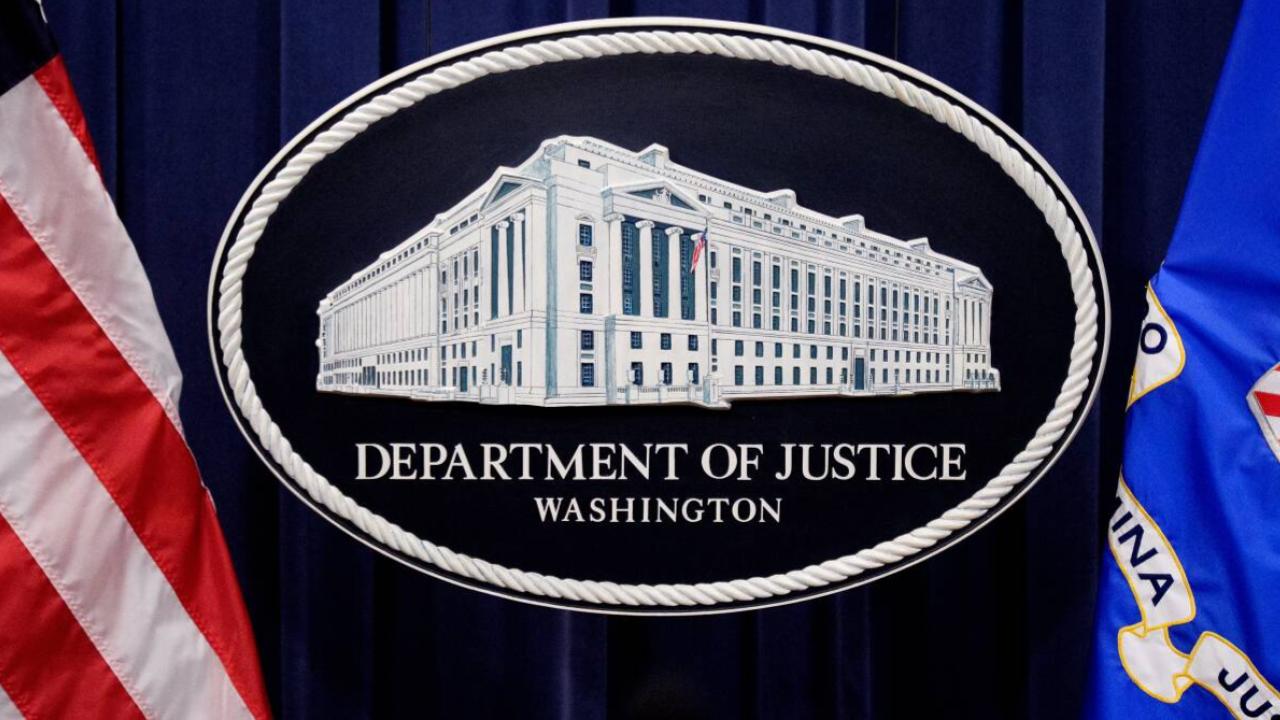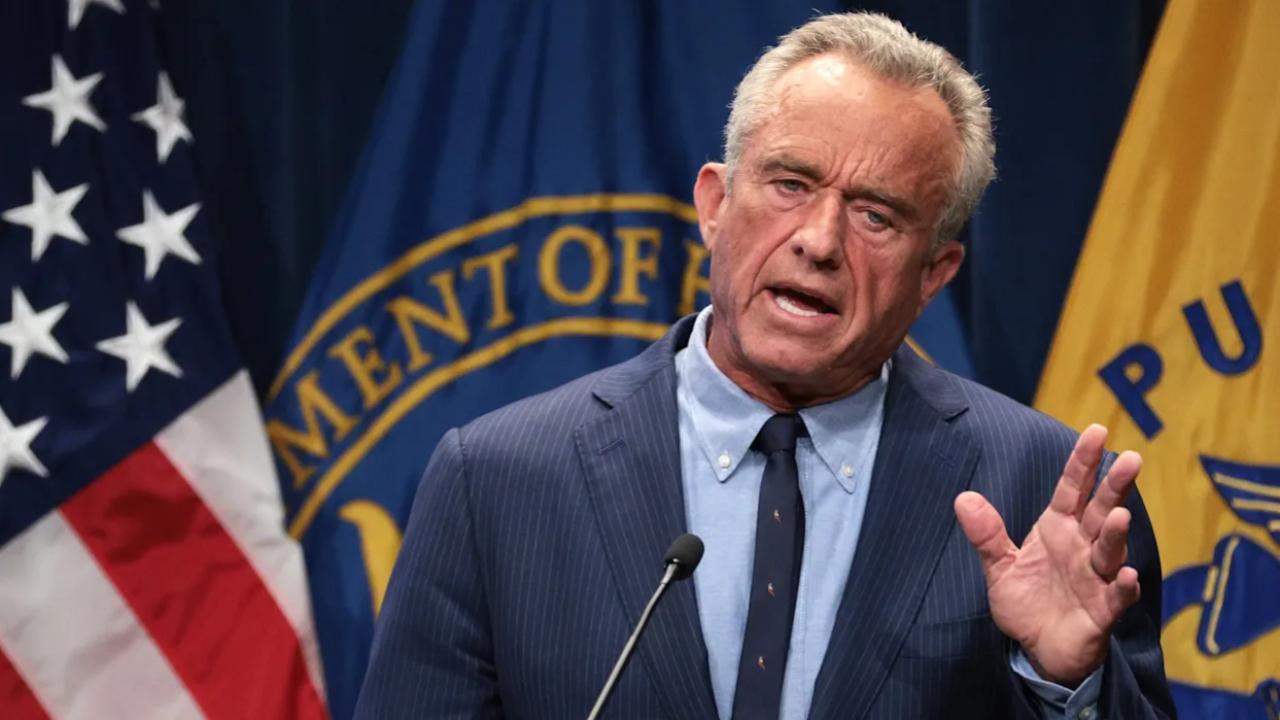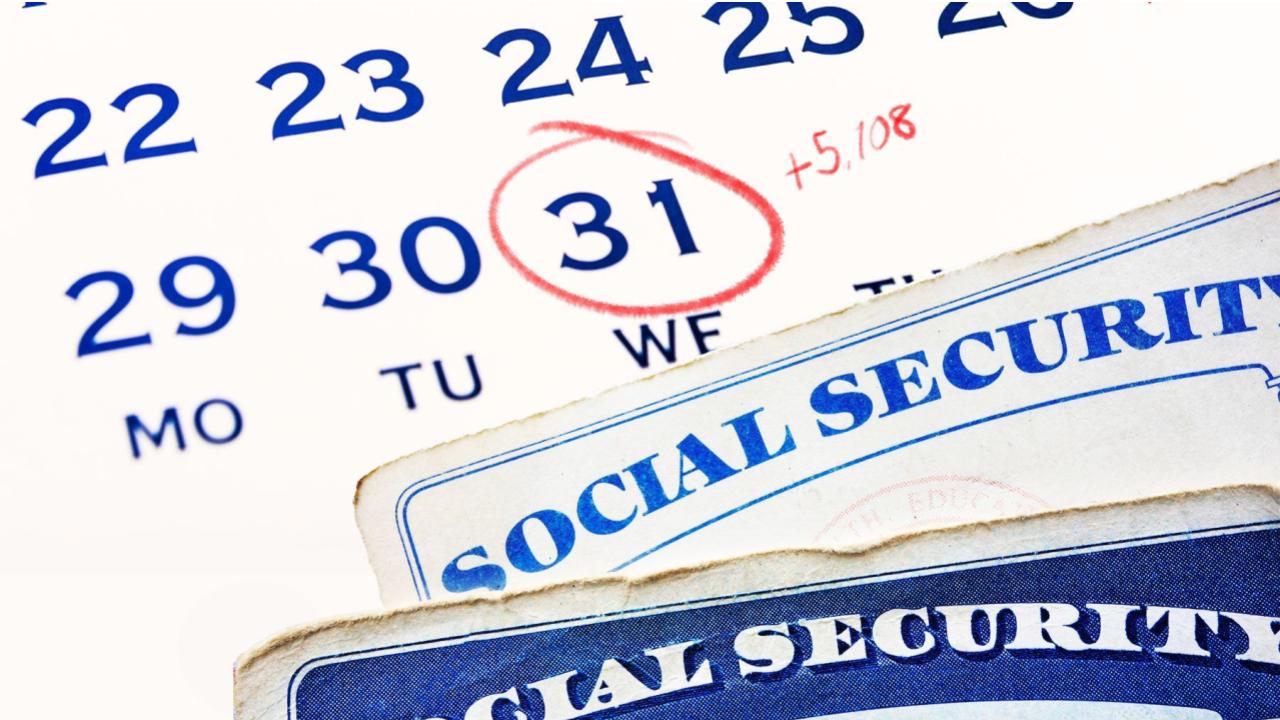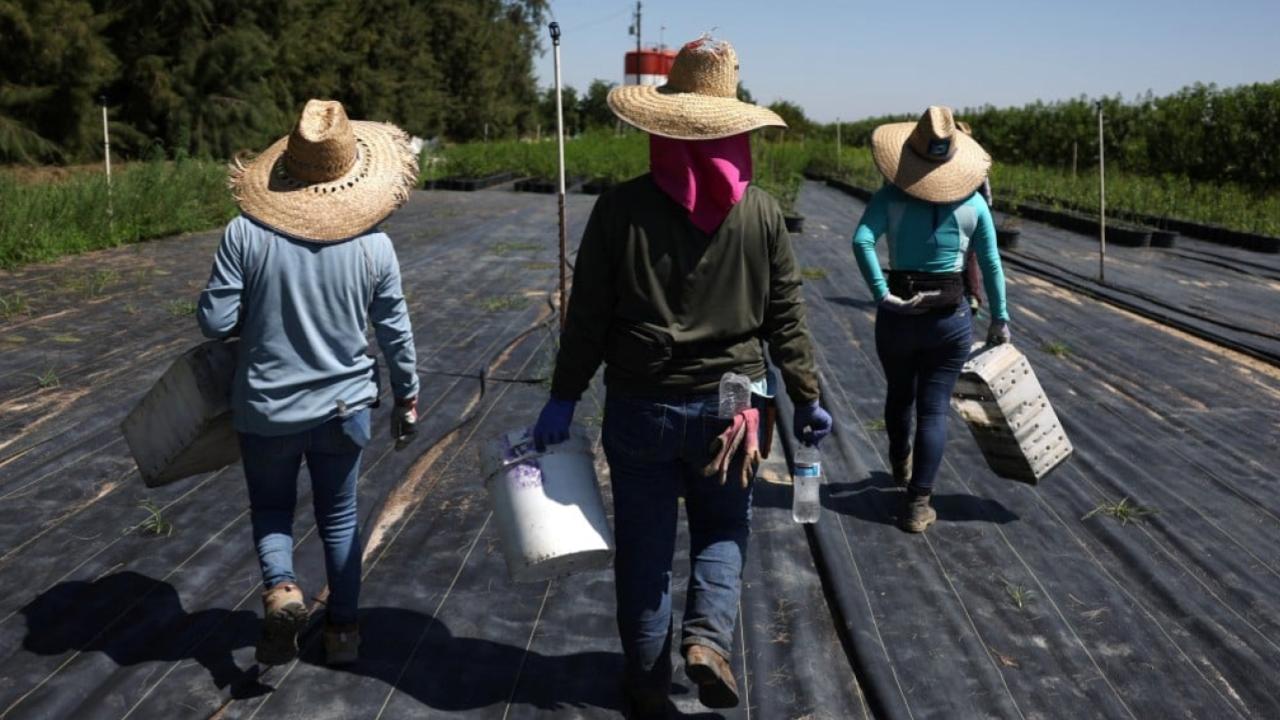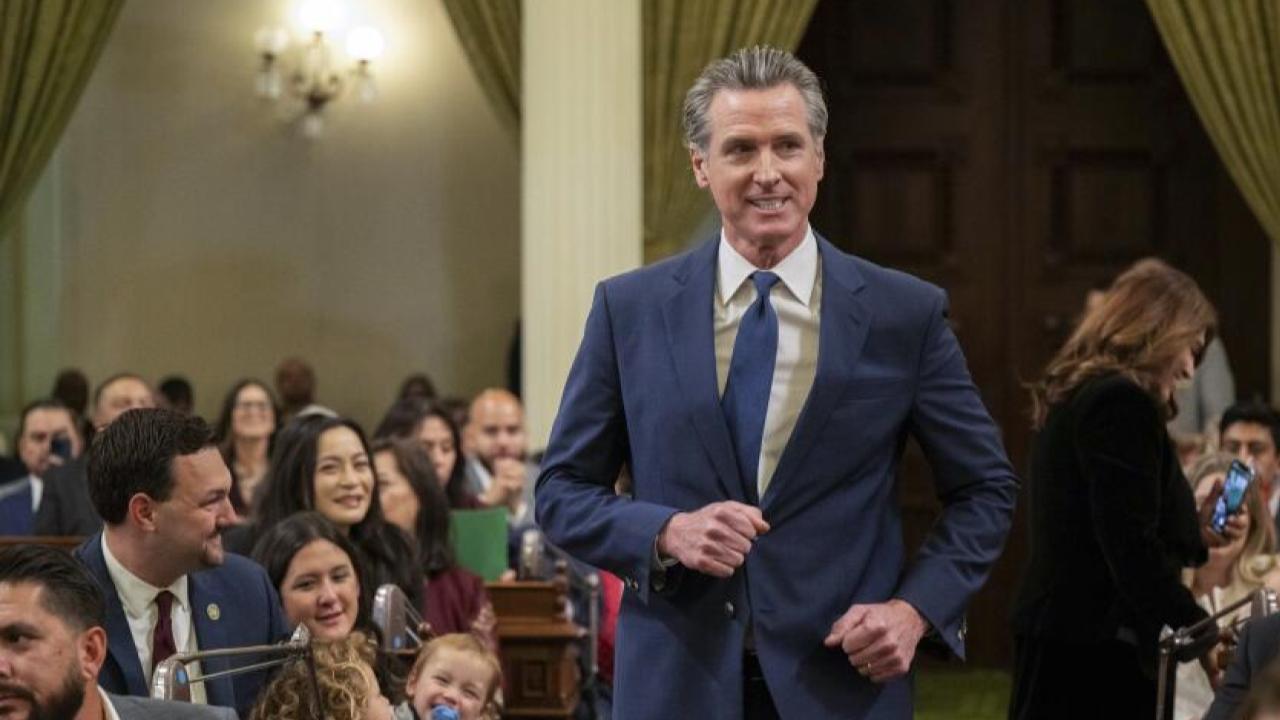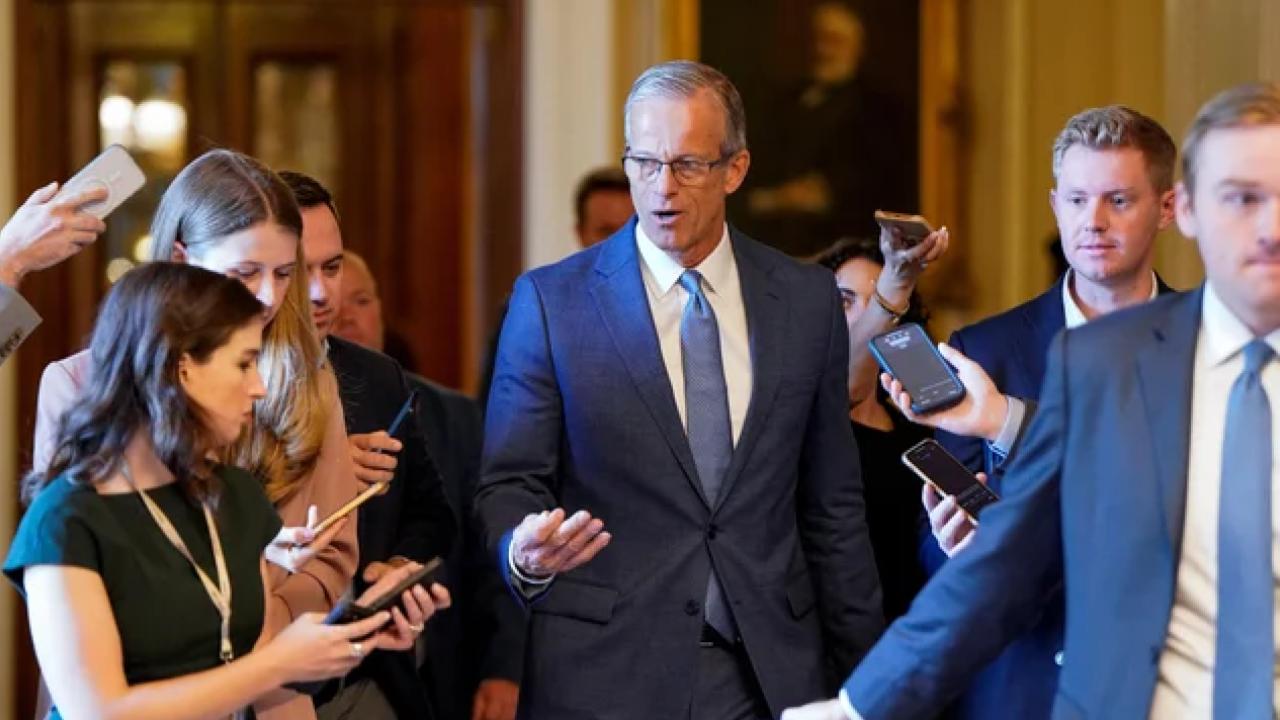In a dramatic legal showdown, a federal judge has temporarily blocked former President Donald Trump’s attempt to bar international students from attending Harvard University. The ruling, issued late Thursday by U.S. District Judge Allison Burroughs, offers immediate relief to thousands of students and underscores a broader clash between academic freedom and executive power.
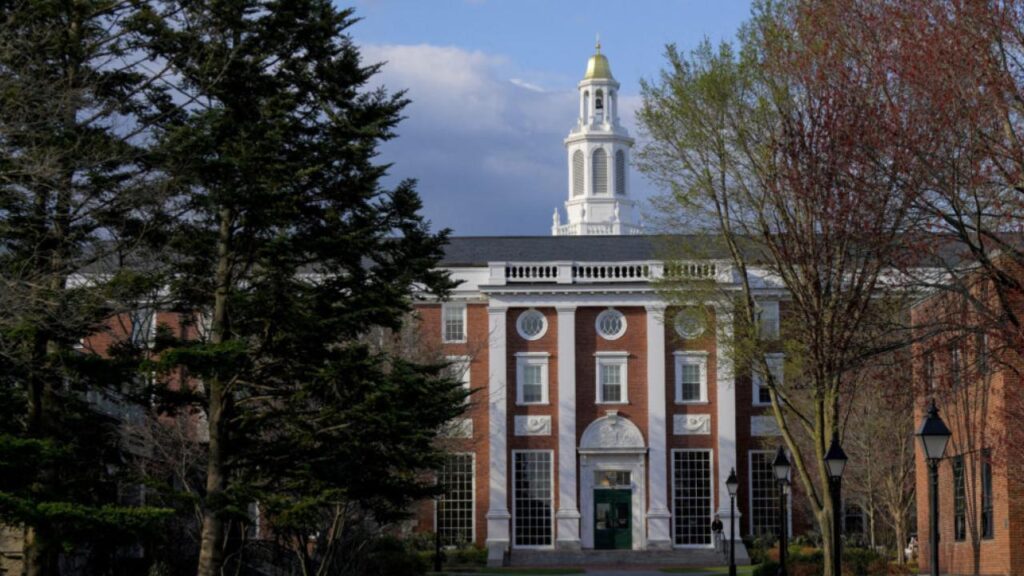
Trump Tried to Ban Foreign Students from Harvard
| Takeaway | Stat/Fact |
|---|---|
| Harvard’s International Student Body | Over 26% of Harvard’s students are from abroad. |
| Immediate Legal Action | Judge Burroughs issued a restraining order just hours after Harvard filed its amended complaint. |
| Broader Implications | The administration’s actions could deter international students from choosing U.S. institutions. |
What Prompted the Ban?
On June 4, 2025, President Trump issued a proclamation aiming to suspend the entry of foreign nationals intending to study or participate in exchange programs at Harvard University. The administration cited national security concerns, alleging that Harvard had become a hub for anti-American and antisemitic activities. Critics viewed this move as a political retaliation against the university’s perceived ideological leanings.
Harvard swiftly responded by amending an existing lawsuit, arguing that the proclamation was an illegal overreach and a direct attack on academic freedom. The university emphasized that the ban would cause “immediate and irreparable injury” by disrupting the education of thousands of students and undermining its global academic standing.
The Judge’s Ruling
Judge Allison Burroughs granted a temporary restraining order against the proclamation, stating that Harvard demonstrated a likelihood of suffering significant harm. She noted that the administration’s actions appeared to circumvent a previous court order that had blocked the Department of Homeland Security from revoking Harvard’s certification to host international students.
The judge’s decision ensures that international students admitted to Harvard can continue with their academic plans without the immediate threat of being denied entry into the country. However, the legal battle is far from over, with further hearings scheduled to determine the long-term legality of the administration’s actions.
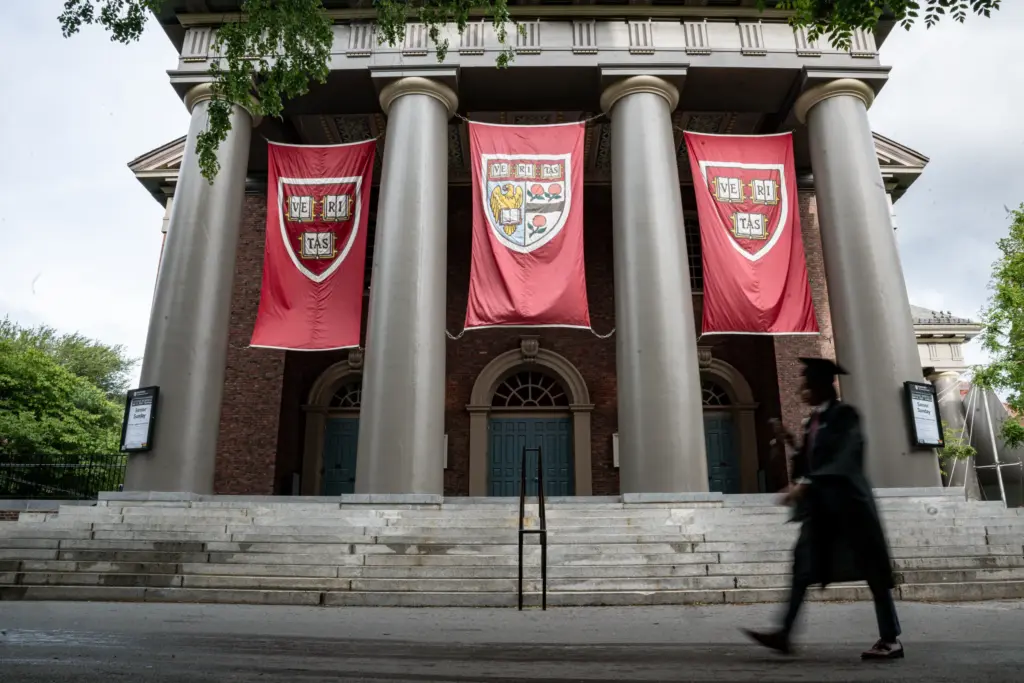
Broader Context and Implications
This confrontation is part of a series of actions by the Trump administration targeting elite educational institutions. In recent months, the administration has frozen billions in federal funding to Harvard, proposed revoking its tax-exempt status, and intensified scrutiny over its handling of campus protests and alleged antisemitism.
The implications extend beyond Harvard. International students contribute significantly to the U.S. higher education system, both academically and financially. Policies perceived as hostile to foreign students risk diminishing the global appeal of American universities and could lead to a decline in international enrollment, affecting research, innovation, and cultural exchange.
Voices from the Community
Harvard President Alan Garber reaffirmed the university’s commitment to global academic collaboration, stating, “Without its international students, Harvard is not Harvard.”
Students and faculty have expressed relief over the judge’s ruling but remain concerned about the ongoing legal uncertainties. Many are calling for a more stable and welcoming environment for international scholars, emphasizing the importance of diversity and open exchange in academia.
What’s Next?
The temporary restraining order is set to remain in effect until at least June 20, with further court proceedings to follow. The outcome of this case could set significant precedents regarding the extent of executive power over educational institutions and immigration policy.
As the legal process unfolds, universities across the nation are closely monitoring the situation, aware that the ramifications could extend well beyond Harvard’s gates.

